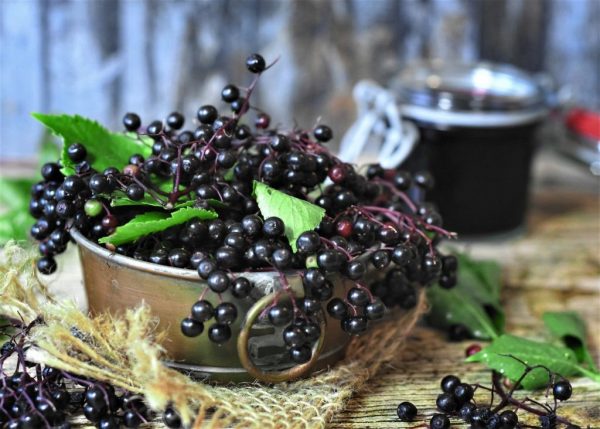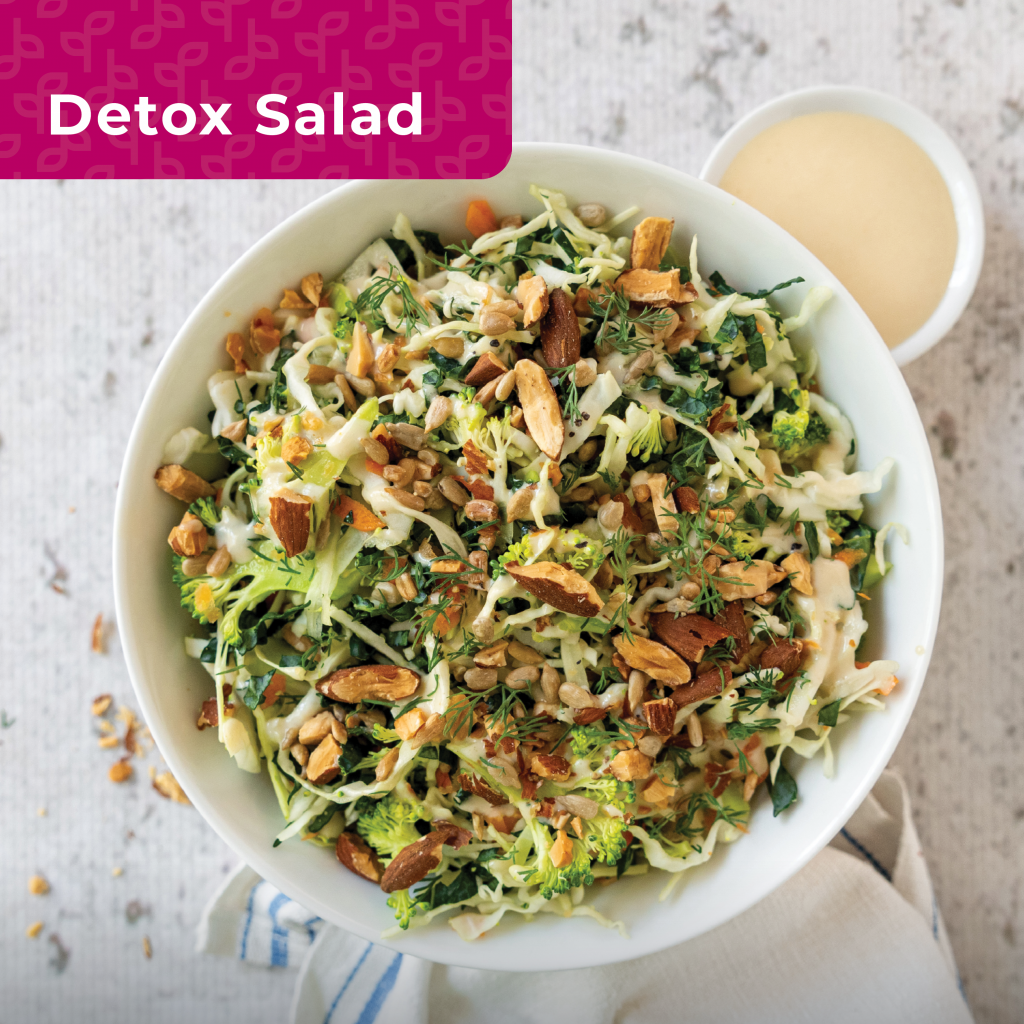
* Featured Image Designed by Freepik
Can you identify which supplements are best for your immune system? Redd Remedies’ Master Herbalist, Stacey Littlefield, knows there are many misconceptions surrounding popular immune-boosting supplements and she’s determined to help everyone understand how to use these supplements effectively and revolutionize your relationship to Vitamin C, Zinc, and Elderberry.

Photo by freestocks on Unsplash
Myth Busted: Vitamin C Does Not “Boost” Your Immune System… It Protects It…
To be clear, we LOVE Vitamin C! It is incredibly helpful, and we need it for our immune systems.
But, Vitamin C’s relationship with your immune system is more complex than you realize. It does not “boost” your immune system… it “protects” it.
Suggesting that vitamin C “boosts” your immune system implies that it is creating more immune cells. That’s not what’s happening here. Vitamin C provides your existing cells with armor.
When foreign cells invade and attack our tissue and cells, we release free radicals to annihilate them. However, free radicals don’t discriminate between friend and foe. They can easily do damage in this process.
Vitamin C is an antioxidant, and it provides armor to our tissues and cells to keep them protected from free radicals while they dispatch the foreign cells.

Image by Free-Photos from Pixabay
Taking Zinc Regularly? You could be harming yourself…
You’ve no doubt heard about the immune-boosting benefits of zinc. Naturally found in red meat, many are taking supplementary zinc right now to boost their immune systems. But unfortunately, taking zinc as a preventative measure is completely ineffective.
Zinc is an amazing element that can be very helpful, but only when used safely and effectively.
It’s known as an “essential mineral,” and it is necessary for an optimally functioning innate and adaptive immune system.
However, we need to be very discerning when discussing just how amazing the effect on your immune system is… because many of the greatest benefits are seen when zinc is taken by malnourished children from the developing world.
This is important because lots of these children will have severely deficient zinc levels. The difference in immune function will be markedly different once they have started to restore those zinc levels.
You should not expect to see such extreme benefits for yourself.
Zinc only works effectively within this small window of time and with this dosage…
Many will encourage you to use zinc to shorten the duration of the common cold, and there is evidence that supports their endorsement.
However, in order for zinc to work effectively against your cold, you must start taking it no later than 24 hours after the infection takes hold.
You must also be sure that you are consuming at the very least 75mg of zinc per day. To put that in perspective, that’s about 1 zinc lozenge every 2 waking hours.
If you do not follow this pattern of timing and dosage, your zinc supplement will have no affect on your cold.
Finally, you cannot take zinc for more than 10 days at a time, or you may be putting yourself at risk…
Taking zinc preventatively or for long periods of time is potentially harmful.
Why would anyone wait until they got a cold to start taking zinc? Why not just take it regularly and nip the infection in the bud?
This can lead to health problems.
Zinc and copper compete for absorption sites within the body.
Excessive doses of zinc for a long period of time will result in a copper deficiency. Symptoms of a copper deficiency include fatigue, weakness, frequent sickness, and trouble with your memory.
So, what qualifies as an excessive dose? More than 40mg a day.
“Hold on… you just recommended I take at least 75mg!”
Yes, but only once your cold starts and for no more than 10 days. If your symptoms stop sooner than that, stop taking zinc.

Image by RitaE from Pixabay
Why is everyone taking elderberry?
Elderberry is a great general health tonic! Why? Because it’s an antioxidant.
Just like cherries, raspberries, and blueberries, the antioxidant properties of elderberry provide our existing immune cells with armor.
When foreign cells invade and attack our tissue and cells, we release free radicals to annihilate them. However, free radicals don’t discriminate between friend and foe. They can easily do damage in this process.
The armor supplied by the antioxidant properties of elderberry to our tissues and cells keep them protected from free radicals while they dispatch the foreign cells.
The only two medical conditions that have been shown to respond to elderberry…
While it may be a good general health tonic, you should know that when it comes to elderberry treating specific conditions, the scientific research available to us is narrow in its scope.
There is some good research available regarding its ability to fight the common cold and the flu. This makes sense; given its antioxidant capabilities, it will likely work on these conditions in the same way vitamin C would.





